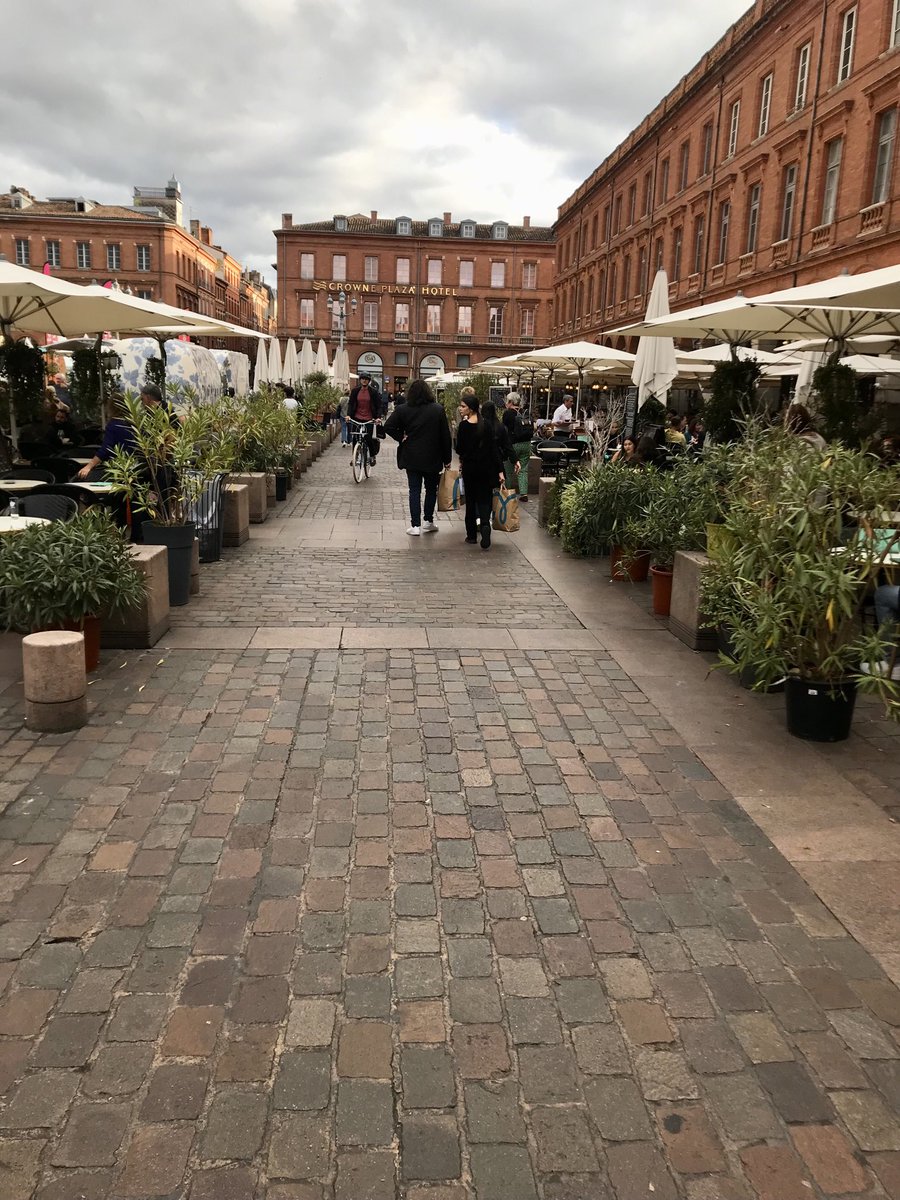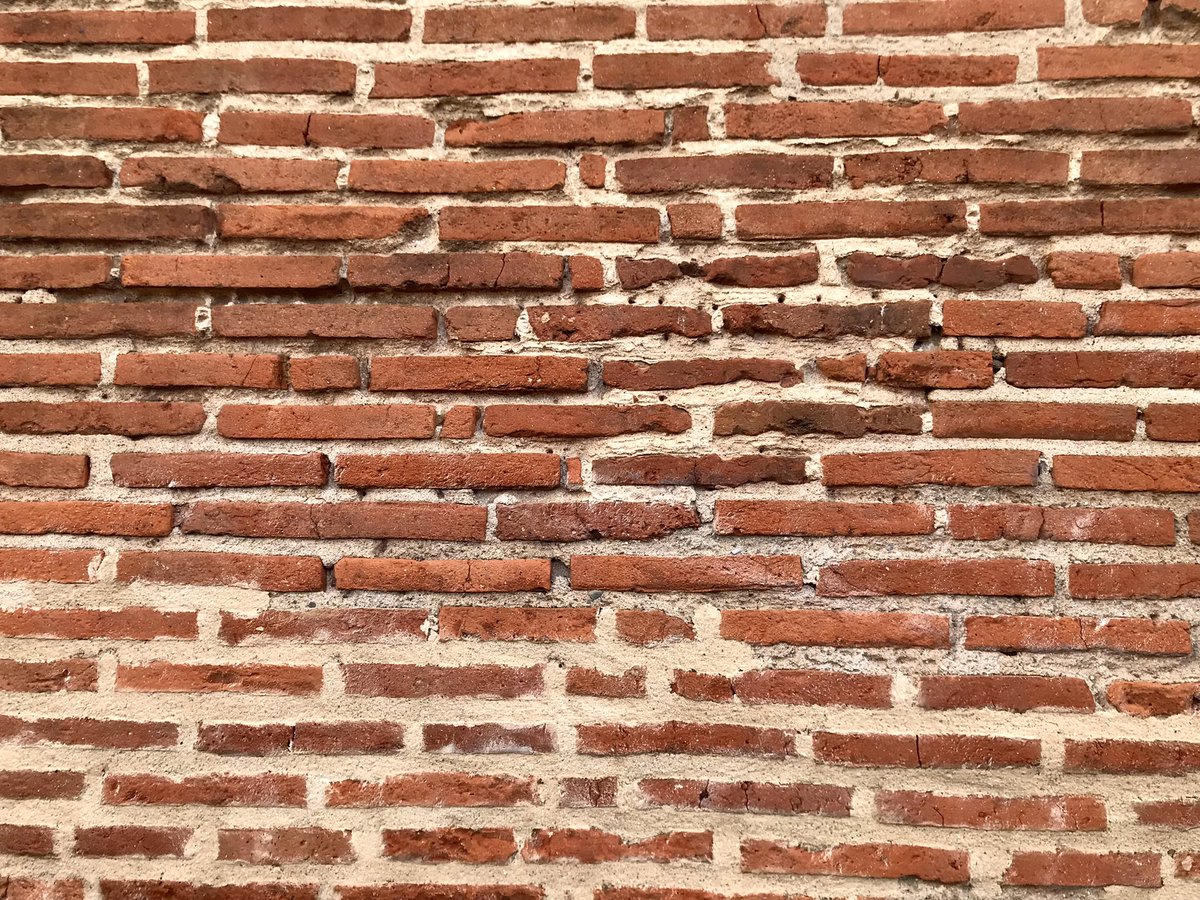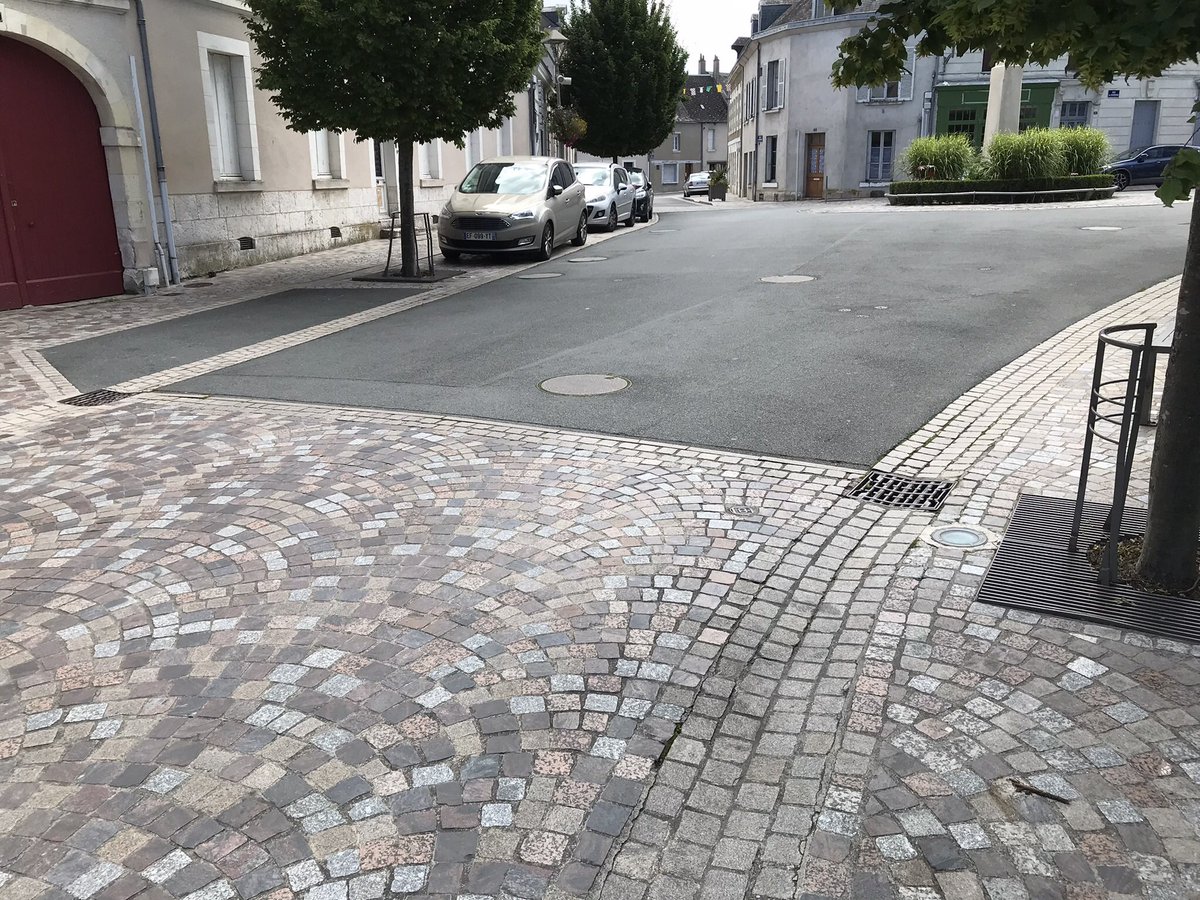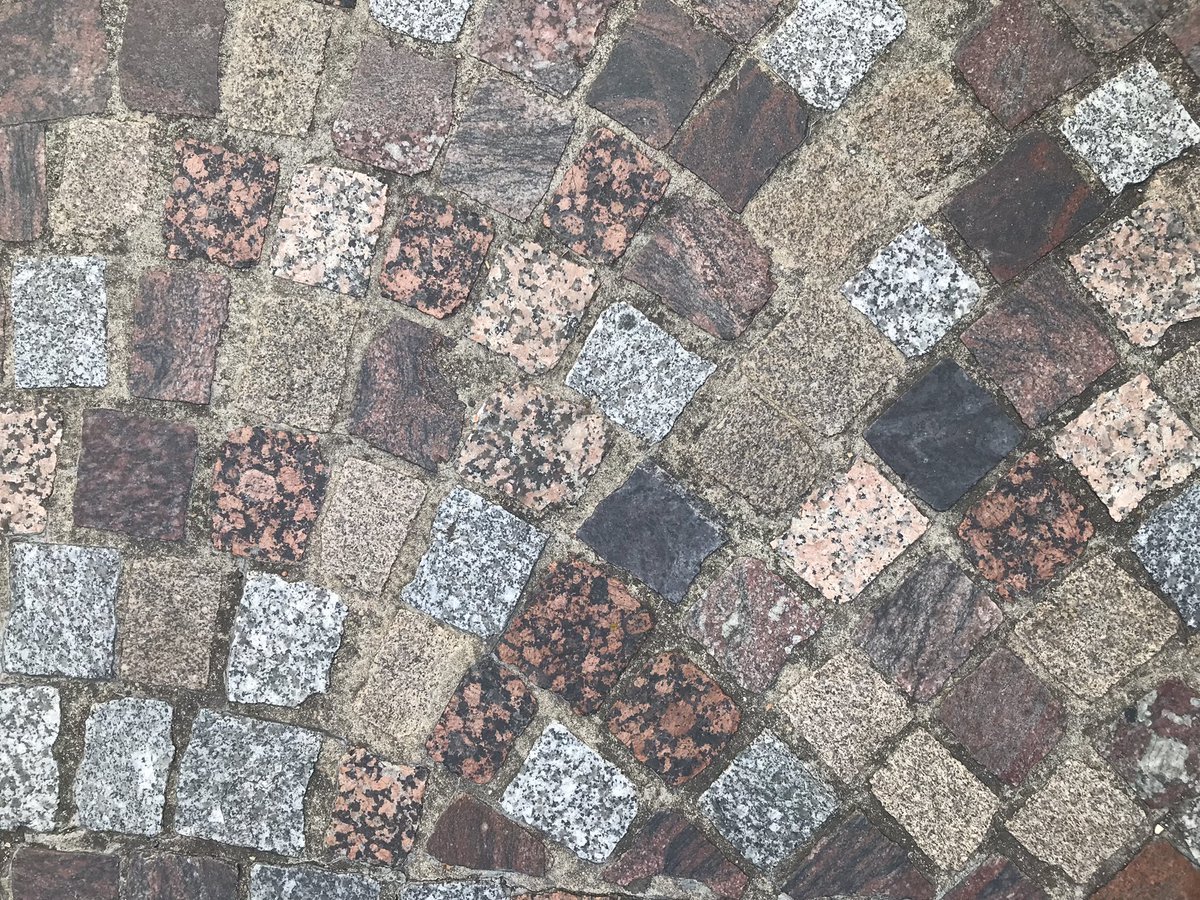A few yards and 50 years apart. Two approaches to designing a high street in Leicester right next to each other.
The collapse in civic pride, ambition & delivery is profound and goes far beyond changing technology or economic pressures.

The collapse in civic pride, ambition & delivery is profound and goes far beyond changing technology or economic pressures.


Leicester city centre seems to specialise in dramatic changes in facade quality from the polite to the delinquent. The city is doing great things on movement & active travel but most buildings from last 50 years are woeful. #BeautyAndTheBeast 

One dreads to imagine what frightful cliches were coughed up to defend the “honesty” of this Ill-mannered attack upon the red bricks, gable ends and mullioned windows behind. A sad undermining of the wider excellent improvements to the city’s streets. 

…. and even more early C20th neo-Georgian. More austere, constrained, withdrawn but quietly speaking of mercantile success and pride … 



Sadly they are proposing to knock this fine early C20th building down as part of a reorganisation of the station which is well-intentioned but also risks creating big white spaces inside 







… within the city centre there’s a real need to focus on ground floor shop front design which lets down the buildings above .. 

… beyond the city core even more old buildings need love and investment - something which low values clearly make hard… 

… and lots of lumpen relics from the age of driving architecture as cities were being replanned for fast cars at their core and with the human life extracted … 



…but on a more positive note, here’s a very respectable (residential?) addition to and conversion of an historic mill building (complete with ground floor parking!)…. 

…the real story of the last decade is massive improvements to many others … (photo by @djjmilner ) 

… you can see here how network of “pedestrian priority” streets & ways has grown from 2011 (left) to today (right). Critically, making it easier to get to city centre as well as get about it. 



The consequence? More people ARE living in the city centre. These circles show residential planning applications then and now. Good for vitality, prosperity & efficient provision of new homes. 

So lots for Leicester to shout about. The next job is to find mechanisms to fund love into more of her historic buildings and stop erecting such utter monsters besides them which only undermine the good work and the city’s attractions as a place to live, work and play. 

To return to the beginning, buildings matter as well as streets and it does undermine place quality (as well as value) if you think that faceless facades and sheer brick walls are an appropriate way to enclose what should be beloved city centre streets. 



If you are curious, you can read more about how elements of place correlate with value, well-being and popularity in some of our research. For example: issuu.com/cadoganlondon/…
• • •
Missing some Tweet in this thread? You can try to
force a refresh

 Read on Twitter
Read on Twitter
































